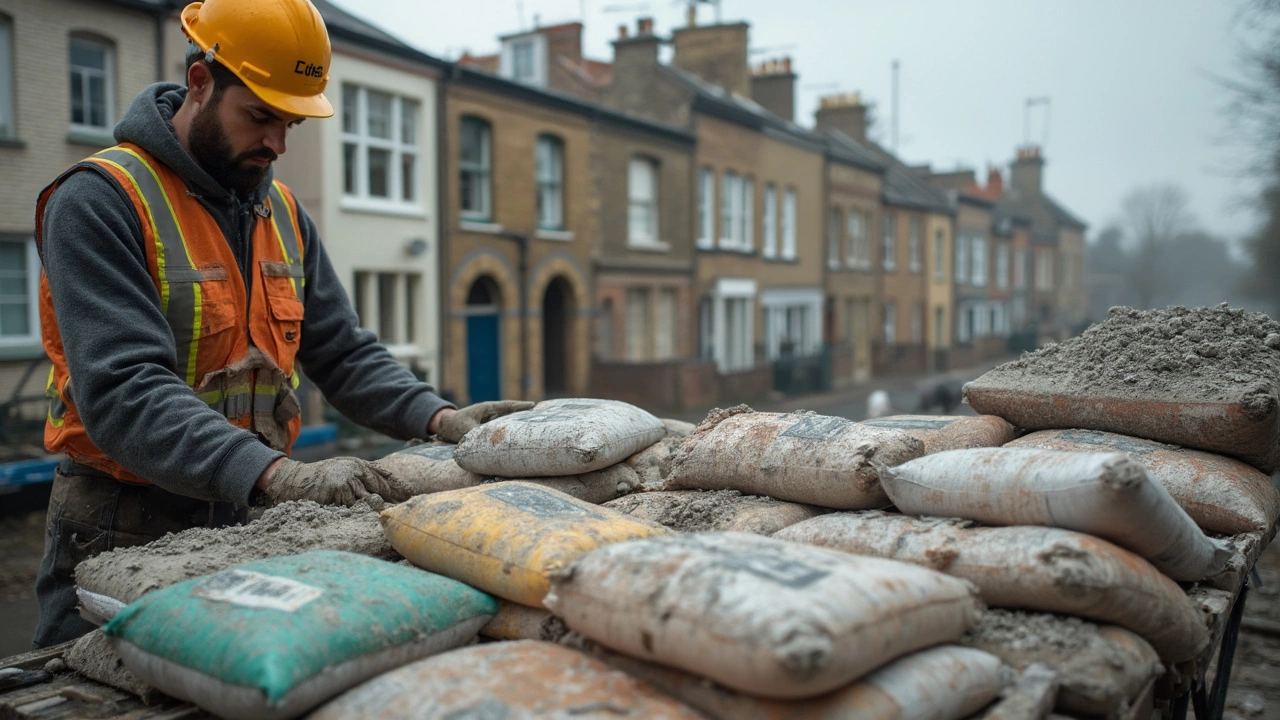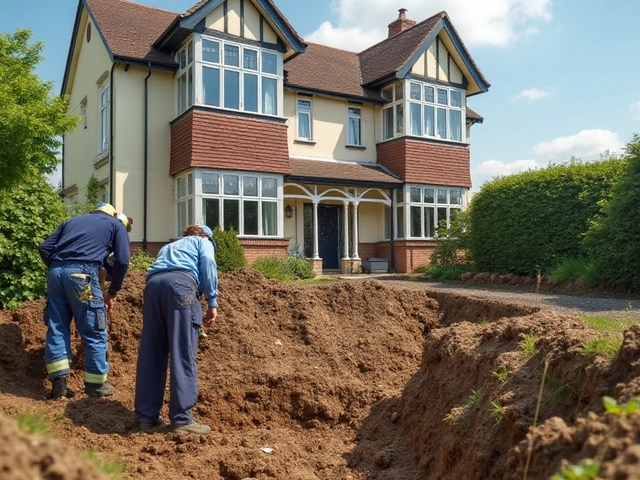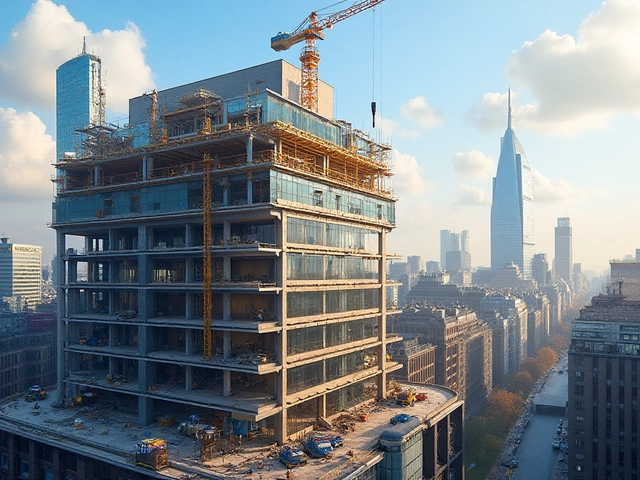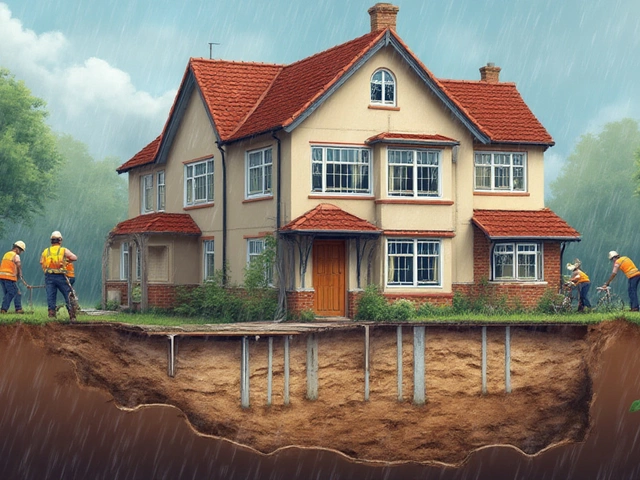Best Cement: How to Pick the Right One for Your Project
When you start a build, the first thing you need is a solid mix that will hold everything together. Cement might seem simple, but there are a few versions out there, and each one does a different job. In this guide we’ll walk you through the most common types, what they’re best at, and quick tips to pick the right one without guessing.
Types of Cement You’ll See on the Market
Portland cement is the go‑to mix for most residential work. It sets fast, is strong, and works well with bricks, blocks, and concrete slabs. If you’re laying a new foundation or a driveway, this is the safest bet.
White cement looks the same as Portland but is made with low‑iron raw materials, giving it a bright color. It’s popular for decorative finishes, architectural features, and anything that needs a clean look.
Rapid‑setting cement hardens in a few hours instead of the usual 24‑hour cure. It’s great for repair jobs, small patches, or when you need to get back to work fast.
Low‑heat cement releases less heat as it cures, which prevents cracking in large pours like basements or big slabs. If you’re doing a massive concrete pour, this mix reduces the risk of cracks.
Blended cement combines Portland with supplementary materials like fly ash or slag. It’s greener, often cheaper, and works well for projects that don’t need extreme strength right away.
Tips for Choosing the Right Cement
First, think about the load. For a garage floor that will hold cars, you need high compressive strength – go with standard Portland or a blended mix with added strength additives.
Second, consider the environment. If the job is outdoors and exposed to freeze‑thaw cycles, pick a cement with air‑entraining agents to handle expansion and contraction.
Third, look at how fast you need it to set. Quick repairs call for rapid‑set; large pours need low‑heat to avoid thermal cracking.
Fourth, check local regulations. Some councils require a specific cement grade for public works or for meeting sustainability targets.
Finally, match the cement to the other materials. When you use a particular brick or stone, the supplier often recommends the best cement type to prevent bonding issues.
In practice, most DIY builders stick with ordinary Portland cement for walls, foundations, and driveways. It’s easy to find at any supplier, and the cost is predictable. If you’re doing something decorative, grab the white version. For big pours, ask your supplier about low‑heat or blended options.
Remember, the right cement makes the difference between a project that lasts decades and one that starts cracking after a season. Take a minute to check the label, ask the store staff about the mix’s strength rating, and think about the job’s specific demands. A little extra research now saves you money and headaches later.
Now that you know the basics, you can browse the posts on our site for deeper dives – from foundation repair methods to choosing the best flooring for new builds. Each article is written with the same practical, no‑fluff approach, so you’ll always walk away with clear steps to follow.
Best Cement for Foundation Repair: What Actually Works?

Confused about which cement is best for fixing your foundation? This article breaks down different cement types, explains what makes one better than the other, and arms you with insider tips for strong, lasting repairs. Discover which products pros use and why. Learn how to avoid common foundation repair slip-ups. Turn shaky ground into peace of mind with actionable advice you won’t get at the hardware store.
read more



